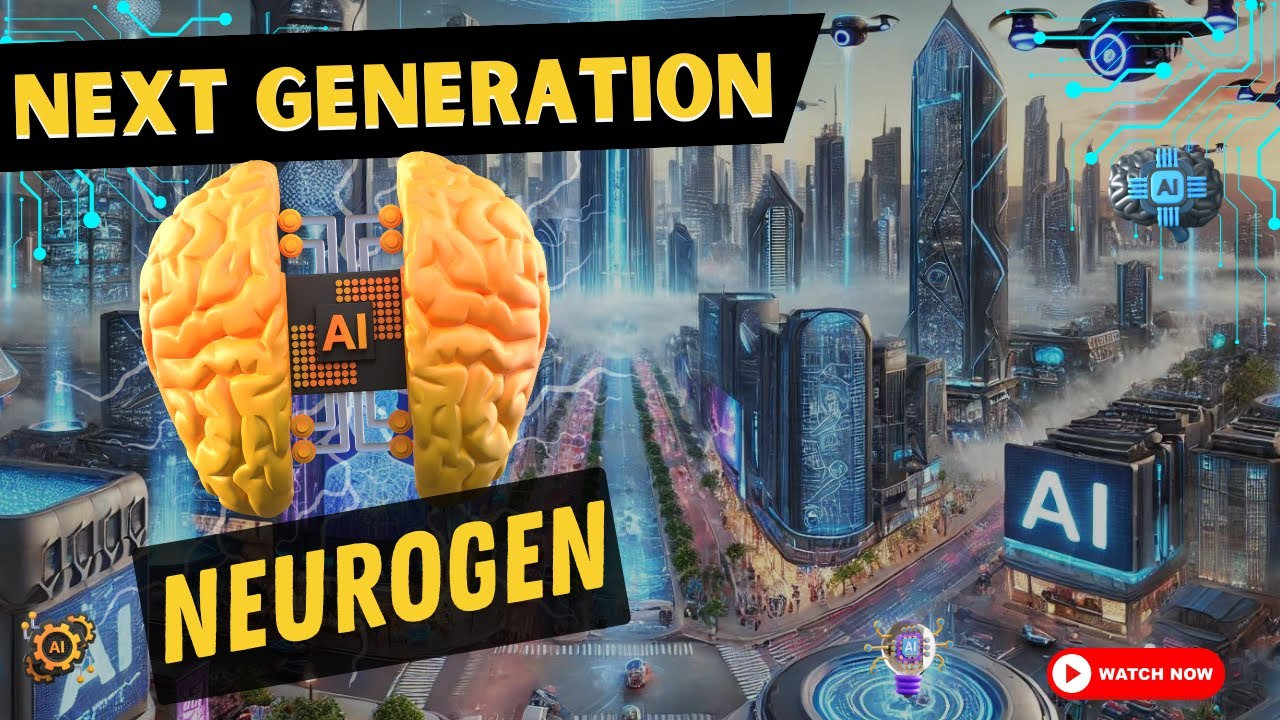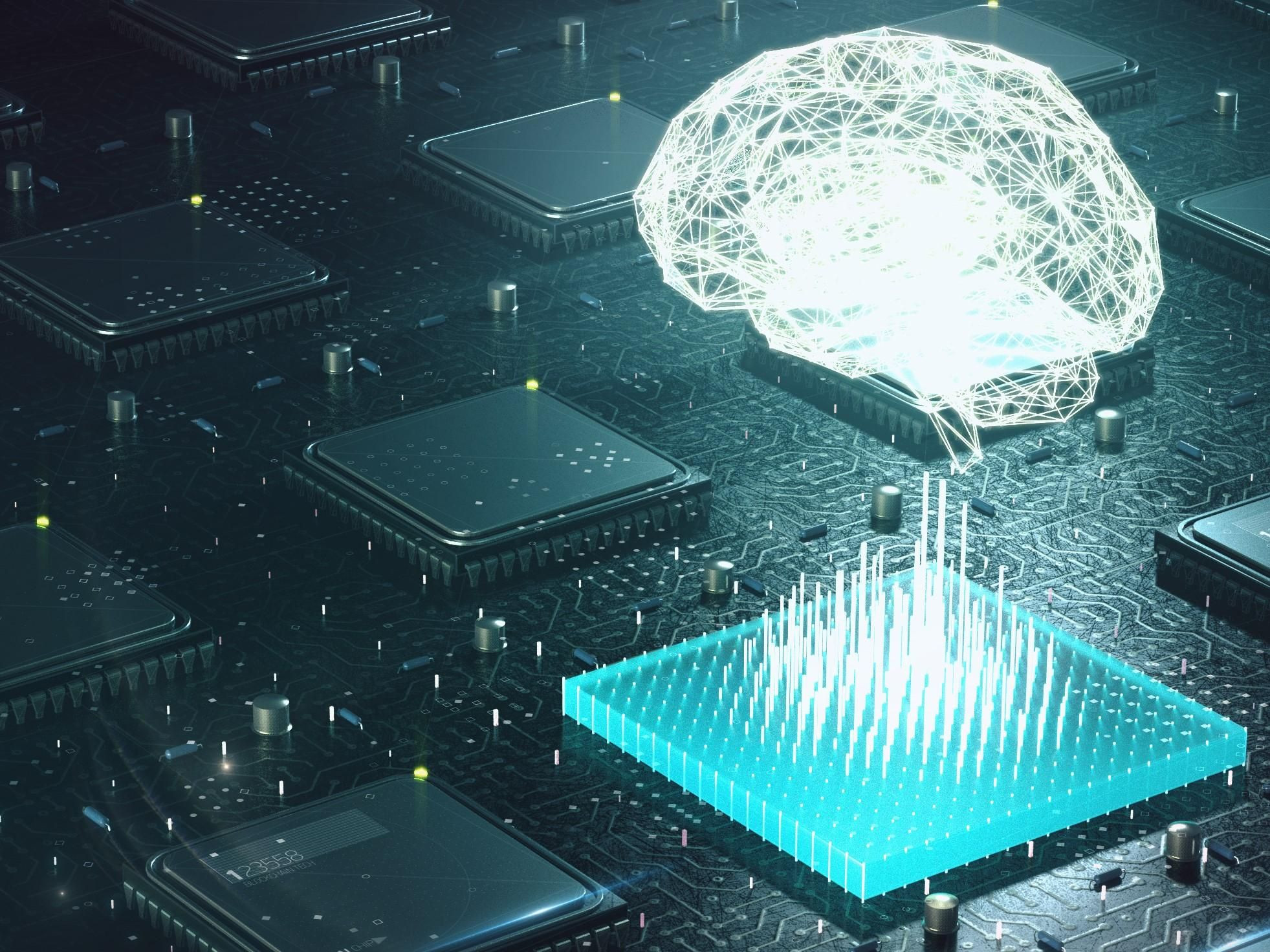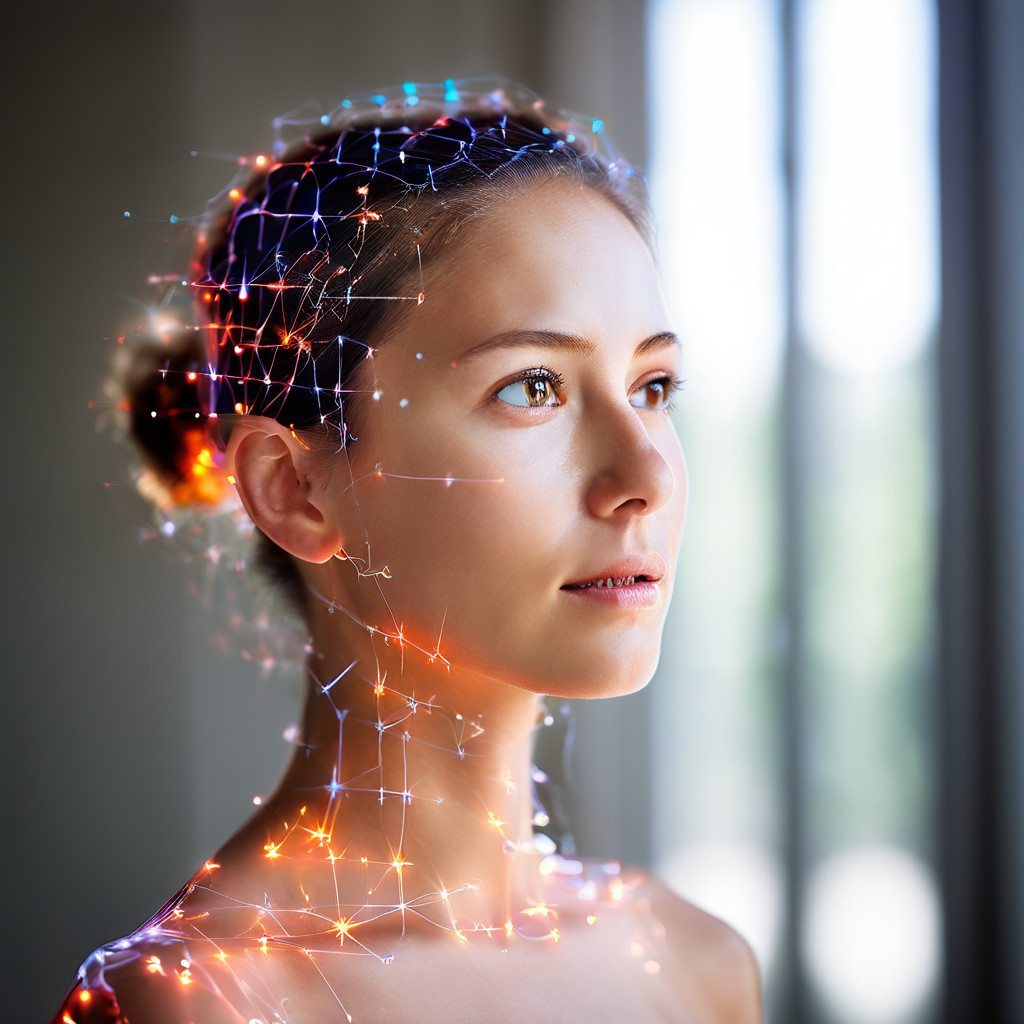The Dawn of Sentient Machines? Recent AI Advancements Spark Debate
The field of artificial intelligence has witnessed an unprecedented surge in advancements, blurring the lines between human and machine capabilities. Recent breakthroughs, particularly in the realm of deep learning and natural language processing, have prompted a wave of both excitement and apprehension. Some experts believe we are on the cusp of creating machines that can truly think, while others remain skeptical, warning of potential risks and ethical considerations. The debate rages on, fueled by increasingly sophisticated algorithms and unprecedented levels of machine intelligence.
Deep Learning's Impact: More Than Just Data Processing
Deep learning, a subset of machine learning, has been instrumental in driving this progress. Unlike traditional machine learning algorithms, which rely on explicit programming and feature engineering, deep learning algorithms learn from raw data through multiple layers of artificial neural networks. This capacity for autonomous learning allows AI systems to identify patterns and make predictions with accuracy that rivals, and in some cases surpasses, human capabilities. This advancement has led to significant breakthroughs in image recognition, natural language processing, and even game playing, where AI systems have defeated human world champions in complex games like Go and chess.
The Turing Test: A New Standard?
The Turing Test, proposed by Alan Turing in 1950, has long served as a benchmark for evaluating machine intelligence. It posits that a machine is intelligent if a human evaluator cannot distinguish its responses from those of a human being. While many AI systems have passed variations of the test, the question of whether this demonstrates true intelligence or merely sophisticated mimicry remains a point of contention. Some argue that passing the Turing Test is insufficient to prove sentience, highlighting the potential for machines to cleverly simulate human behavior without possessing genuine understanding or consciousness.
Ethical Implications: Navigating the Uncharted Territory
The rapid evolution of AI raises profound ethical questions. As machines become increasingly capable, the potential for misuse and unintended consequences grows. Concerns about job displacement, algorithmic bias, and the autonomous nature of certain AI systems are all subjects of intense debate among ethicists, policymakers, and technologists. The development of AI that can independently make decisions with far-reaching consequences underscores the urgent need for robust regulatory frameworks and ethical guidelines.
The Need for Responsible AI Development
The development of responsible AI requires a multi-faceted approach. This involves not only technical advancements to mitigate risks, but also a strong emphasis on ethical considerations throughout the entire development lifecycle. Transparency in algorithms, accountability for AI-driven decisions, and the promotion of fairness and inclusivity are crucial aspects of responsible AI development. The potential benefits of AI are enormous, but harnessing its power while minimizing potential harm requires careful consideration and collaboration between researchers, policymakers, and the public.
The Future of AI: Beyond the Hype
The future of AI is far from certain, but one thing is clear: the field is evolving at an exponential pace. The recent breakthroughs in deep learning are just the beginning of a long and potentially transformative journey. While the possibility of sentient machines may still lie in the realm of science fiction, the advancements being made are remarkable and hold the potential to revolutionize various aspects of our lives, from healthcare and transportation to education and entertainment. The key to unlocking this potential lies in navigating the ethical challenges and ensuring responsible innovation. The question is not if AI will continue to advance, but how we, as a society, will shape its future.
The future is uncertain, but one thing is certain: the rapid advancements in artificial intelligence require careful consideration and responsible development to ensure that this powerful technology is used to improve human lives and not to create unforeseen problems. The ongoing debate surrounding AI sentience is critical in shaping the future of this technology.


















